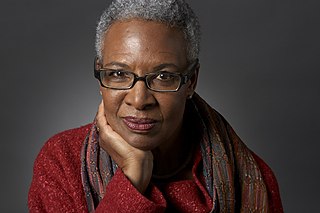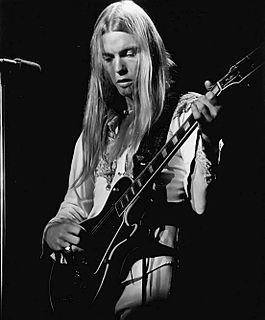A Quote by Eric Liu
I know many people on the left are suspicious of words like Americanization. To them, it can sound like a cover for white privilege and warmongering. It suggests arrogance and groupthink. But these connotations are not fixed. It is in our power to reshape them by recalling the best of America.
Related Quotes
These events are swirling around them. In the white community, people felt like they had no control over their neighborhoods, their destiny. In the black community, centuries of government and economic forces were pushing on them. I went in with a kind of arrogance, maybe, that came from living in a very intellectual family, and I left knowing that there was a lot about the way people lived that I didn't know about.
For we let our young men and women go out unarmed in a day when armor was never so necessary. By teaching them to read, we have left them at the mercy of the printed word. By the invention of the film and the radio, we have made certain that no aversion to reading shall secure them from the incessant battery of words, words, words. They do not know what the words mean; they do not know how to ward them off or blunt their edge or fling them back; they are prey to words in their emotions instead of being the masters of them in their intellects.
White privilege allows a certain kind of leisure that can be deployed by white people of advantage toward our restoration. That's all true and good. But it also suggests that there is an individual approach to the issues that many of these white people have taken up as a recognition of their tie to and responsibility for some of the inequities that exist. And I don't think it has to be an either-or. I think it has to be a bifocal approach.
We focus on that really repulsive minority of racists. But then there's a continuum that goes all the way to, you know, what used to be called the white backlash or to, you know, the feelings of some white people that they're losing out and that the jobs and power and sort of the culture is drifting away from them and toward people who don't look like them, who don't - who they don't know very well. And that's not necessarily - I don't equate that with the hardcore ideological hatred of self-identified racists.
When you're a person of color in white America, you know white people. You know why you know white people? Because you can't enjoy any kind of entertainment if you are not able to humanize white people. If you watch a film and are like, "Oh, this has white people in it? Then I'm not interested," then you can't enjoy anything in America!
Whatever will happen will happen, but choose your companions with care. Choose them because you like to look at them and you like the sound of their voices, and they have profound secrets in them that you wish to know. In other words, choose them because you love them. Otherwise you will not be able to bear their company for very long.
I stalk certain words... I catch them in mid-flight, as they buzz past, I trap them, clean them, peel them, I set myself in front of the dish, they have a crystalline texture to me, vibrant, ivory, vegetable, oily, like fruit, like algae, like agates, like olives... I stir them, I shake them, I drink them, I gulp them down, I mash them, I garnish them... I leave them in my poem like stalactites, like slivers of polished wood, like coals, like pickings from a shipwreck, gifts from the waves... Everything exists in the word.
When the Kerner Commission told white America what black America has always known, that prejudice and hatred built the nation’s slums, maintains them and profits by them, white America could not believe it. But it is true. Unless we start to fight and defeat the enemies in our own country, poverty and racism, and make our talk of equality and opportunity ring true, we are exposed in the eyes of the world as hypocrites when we talk about making people free - (Chapter 9).






































